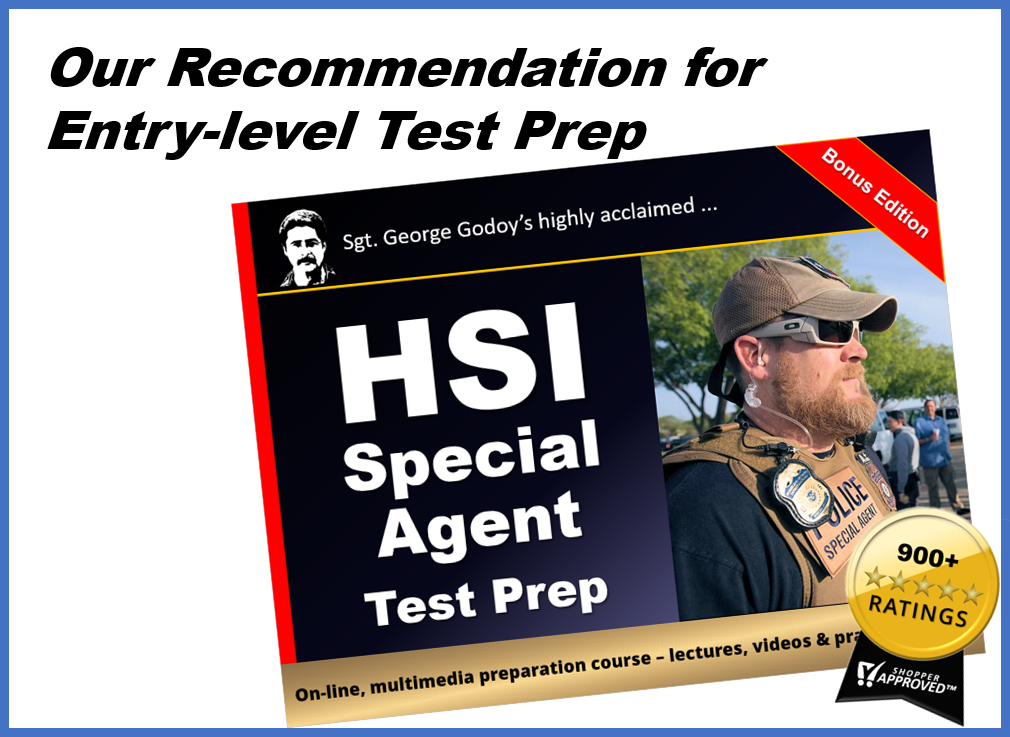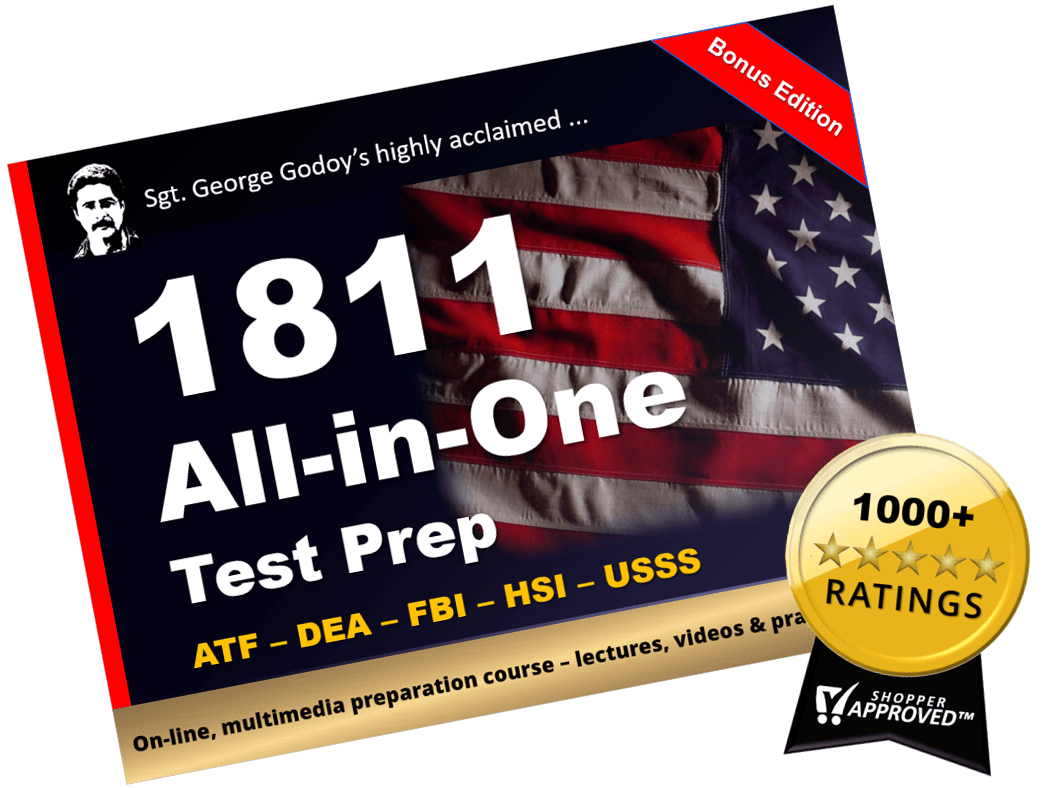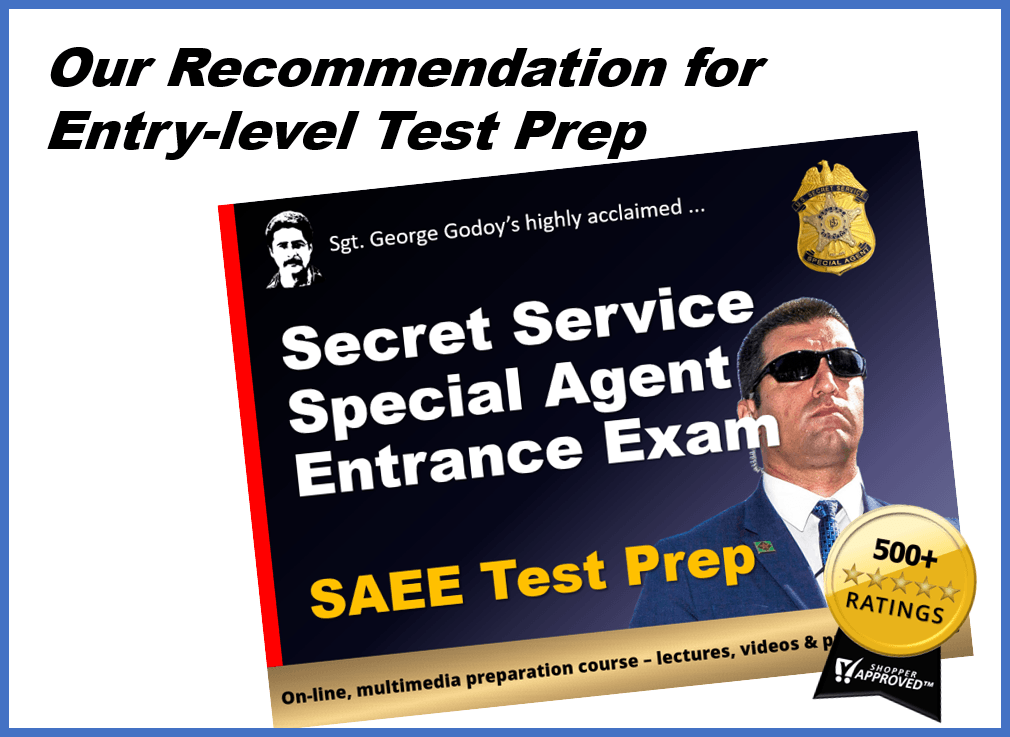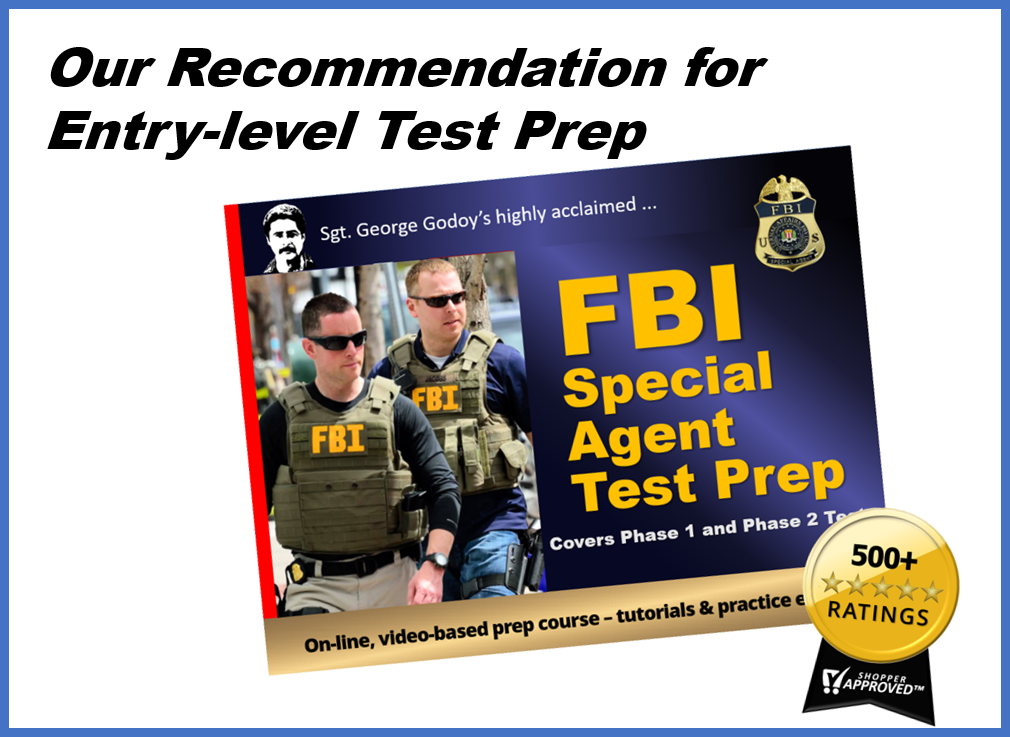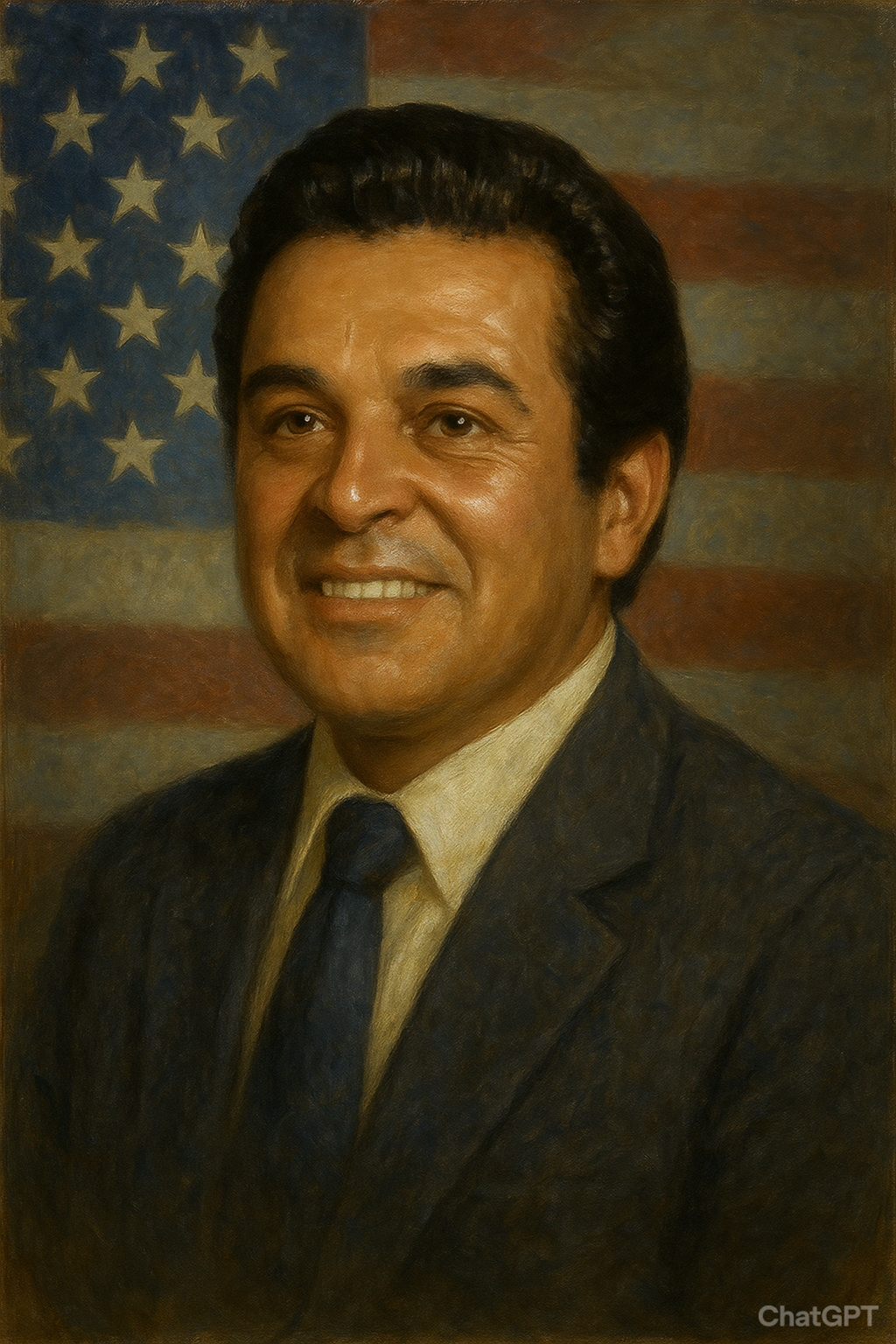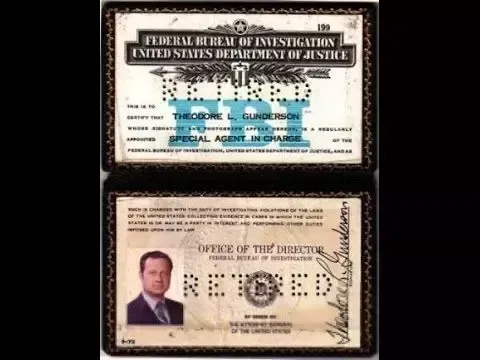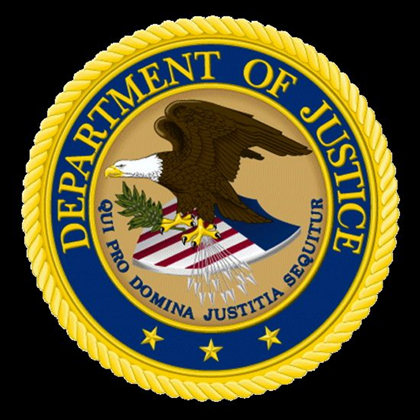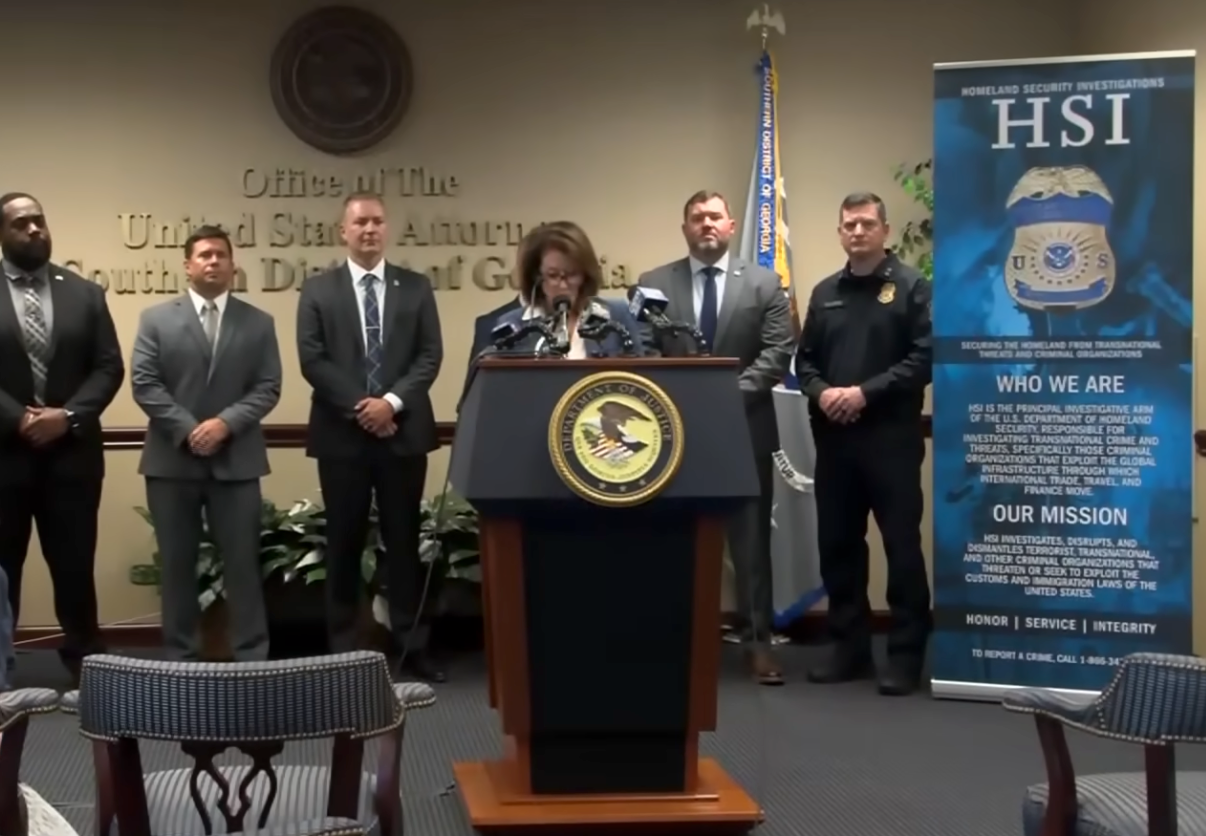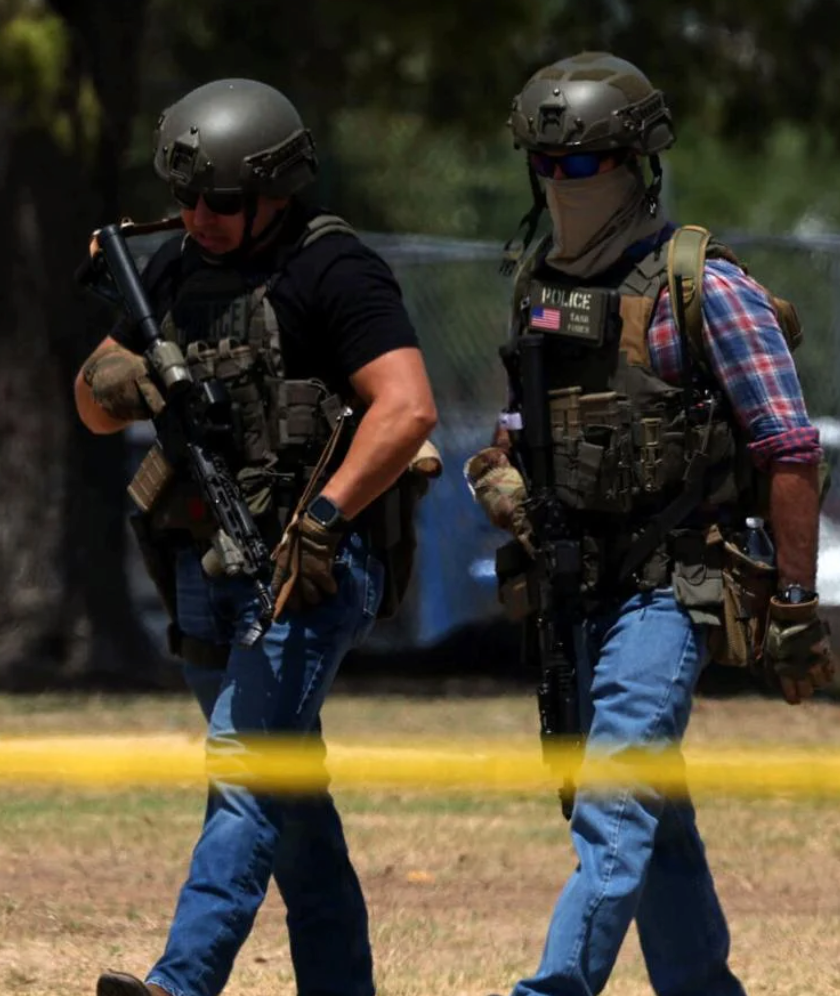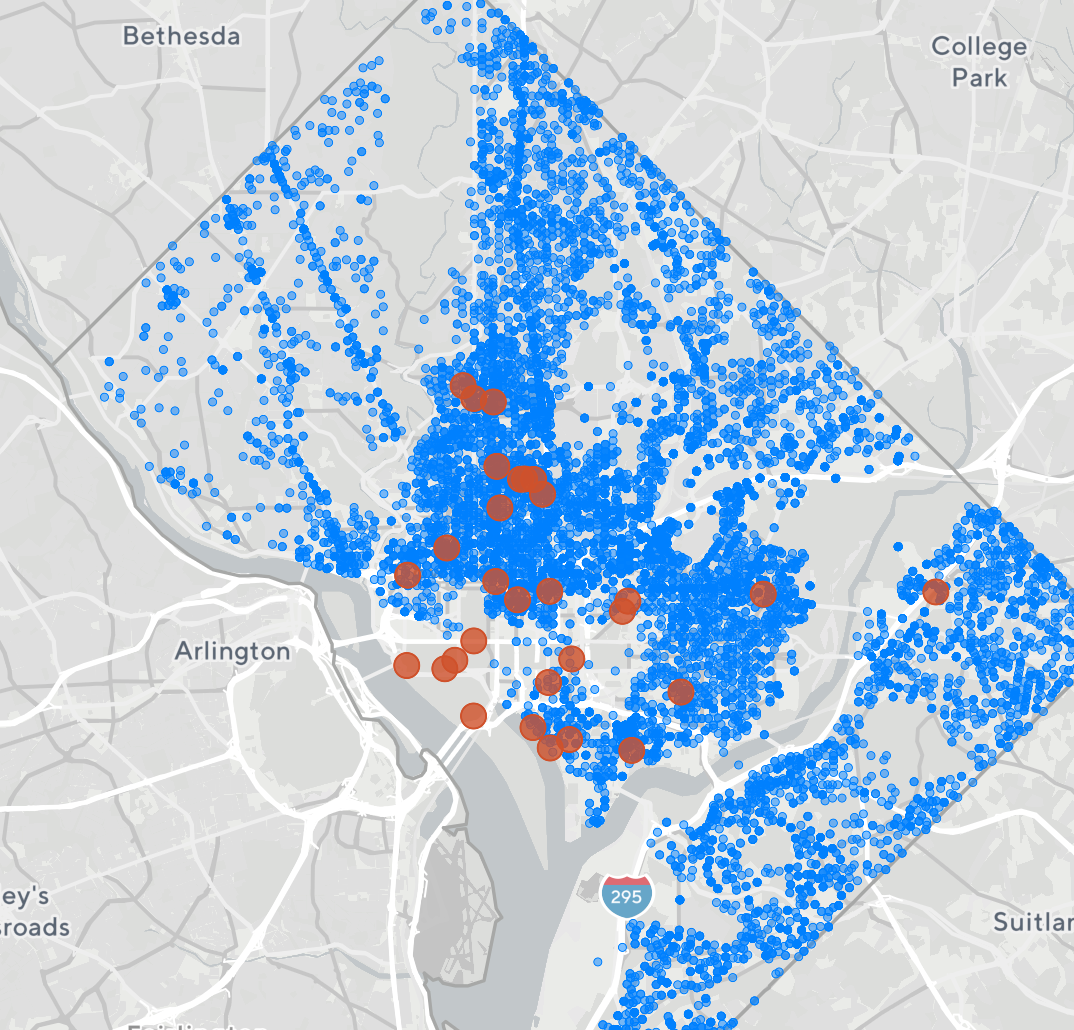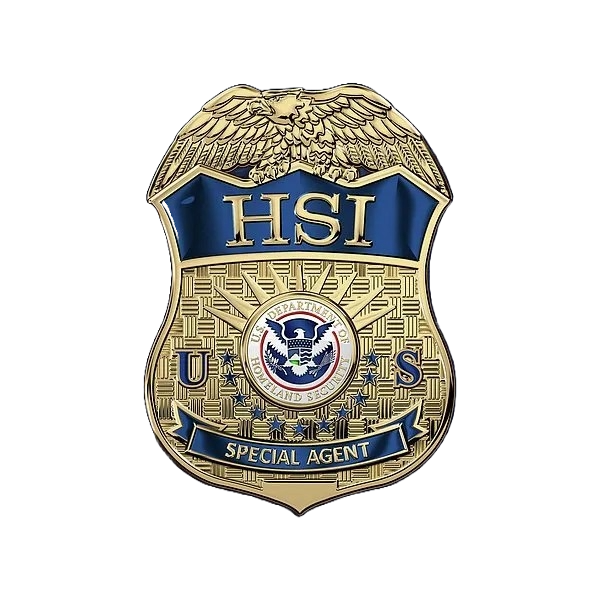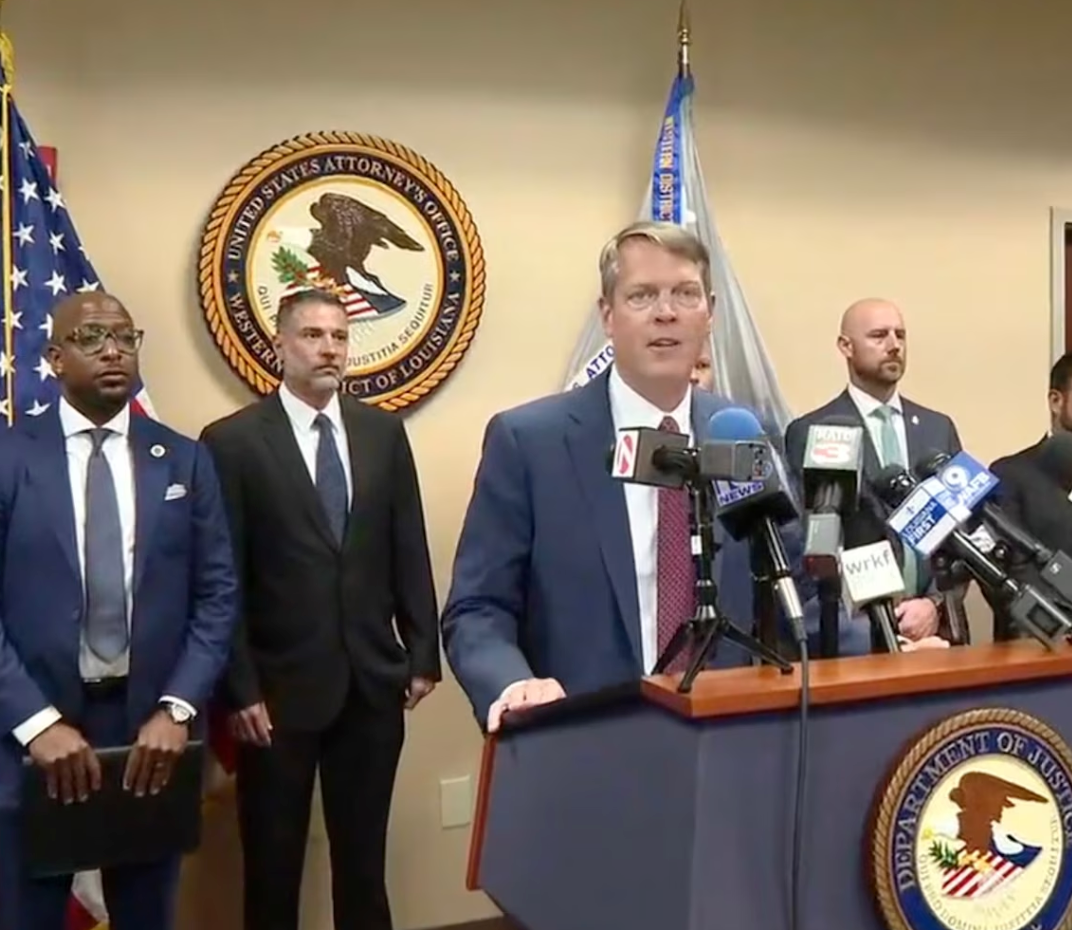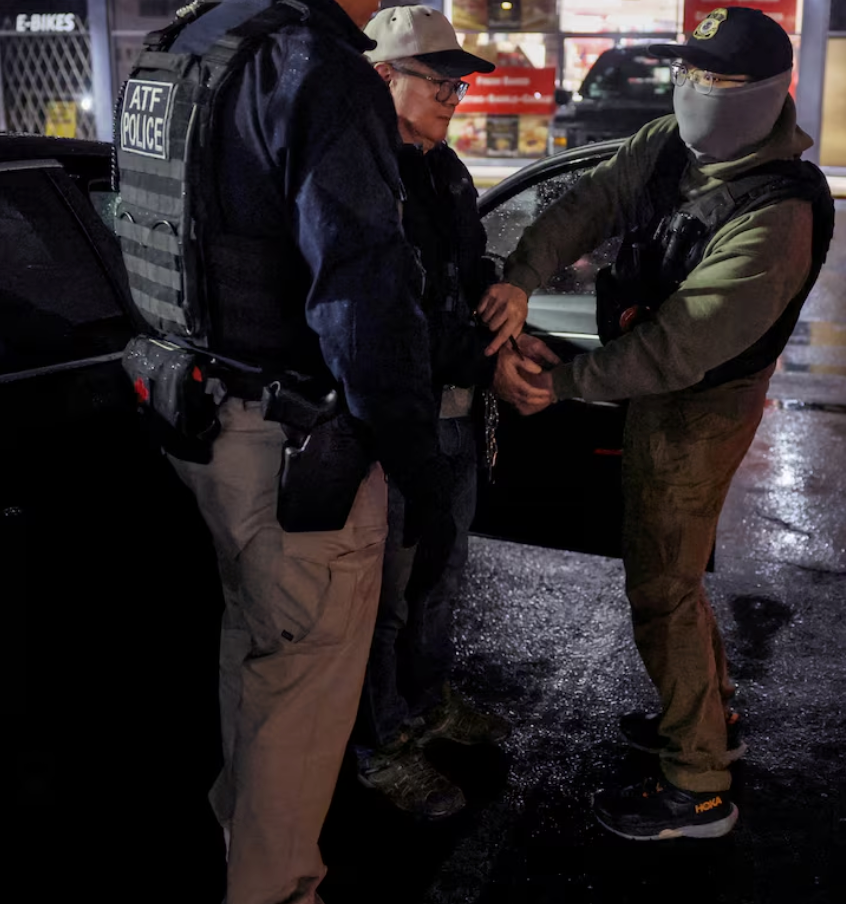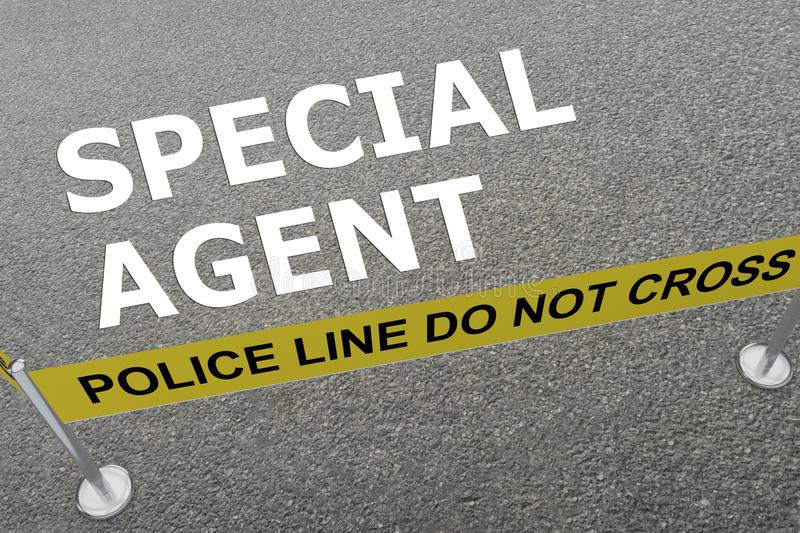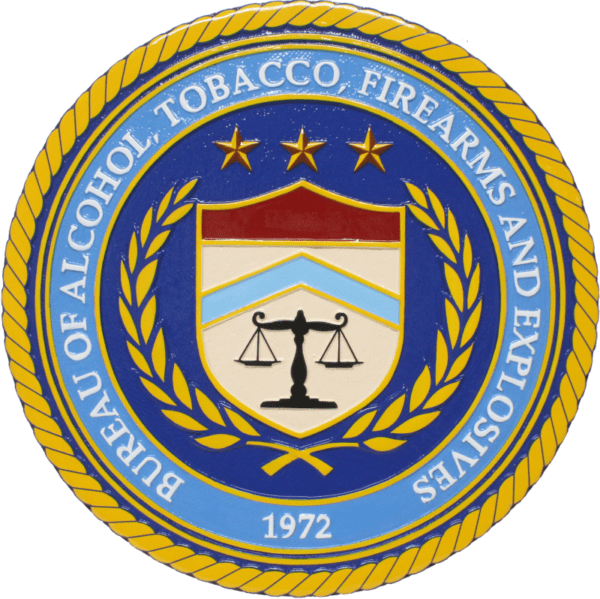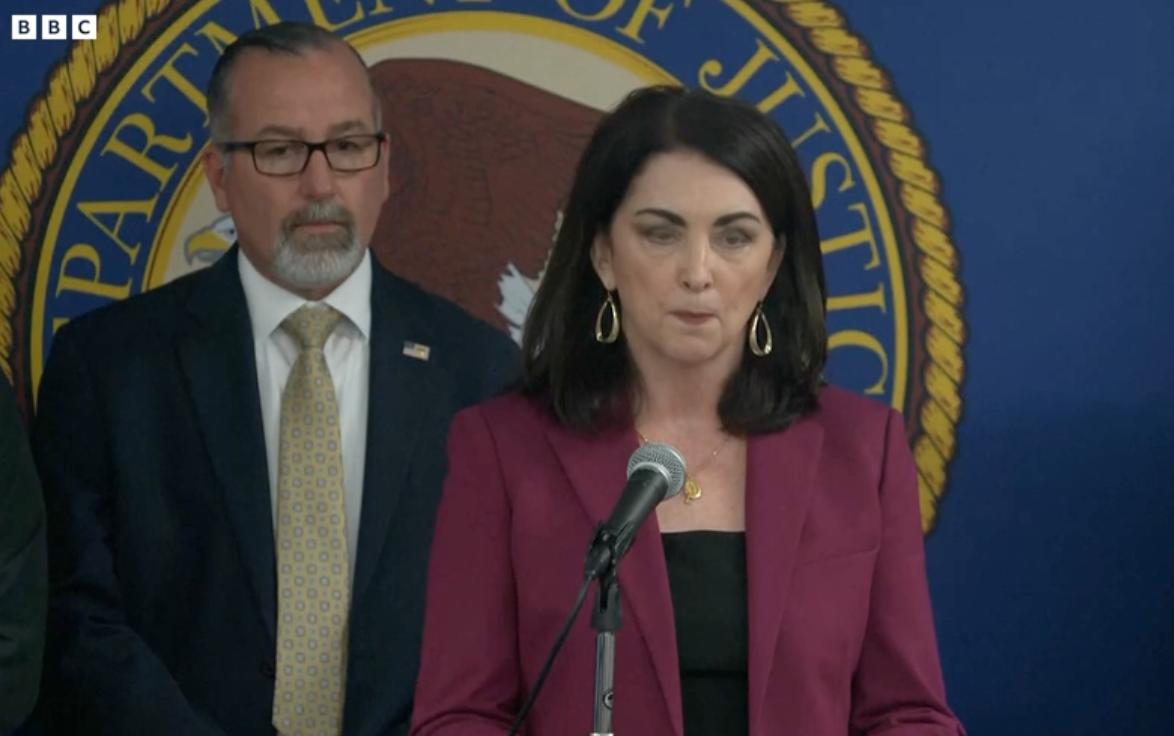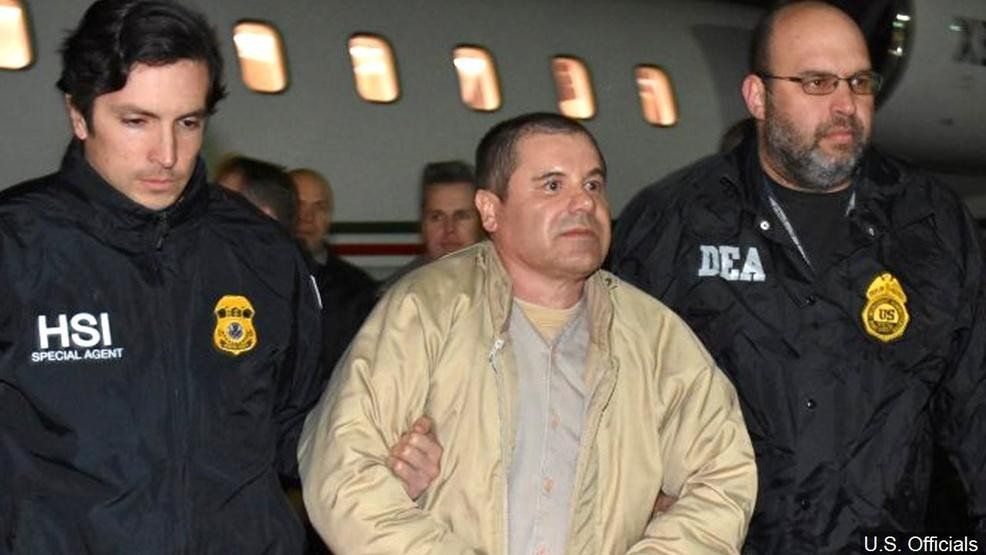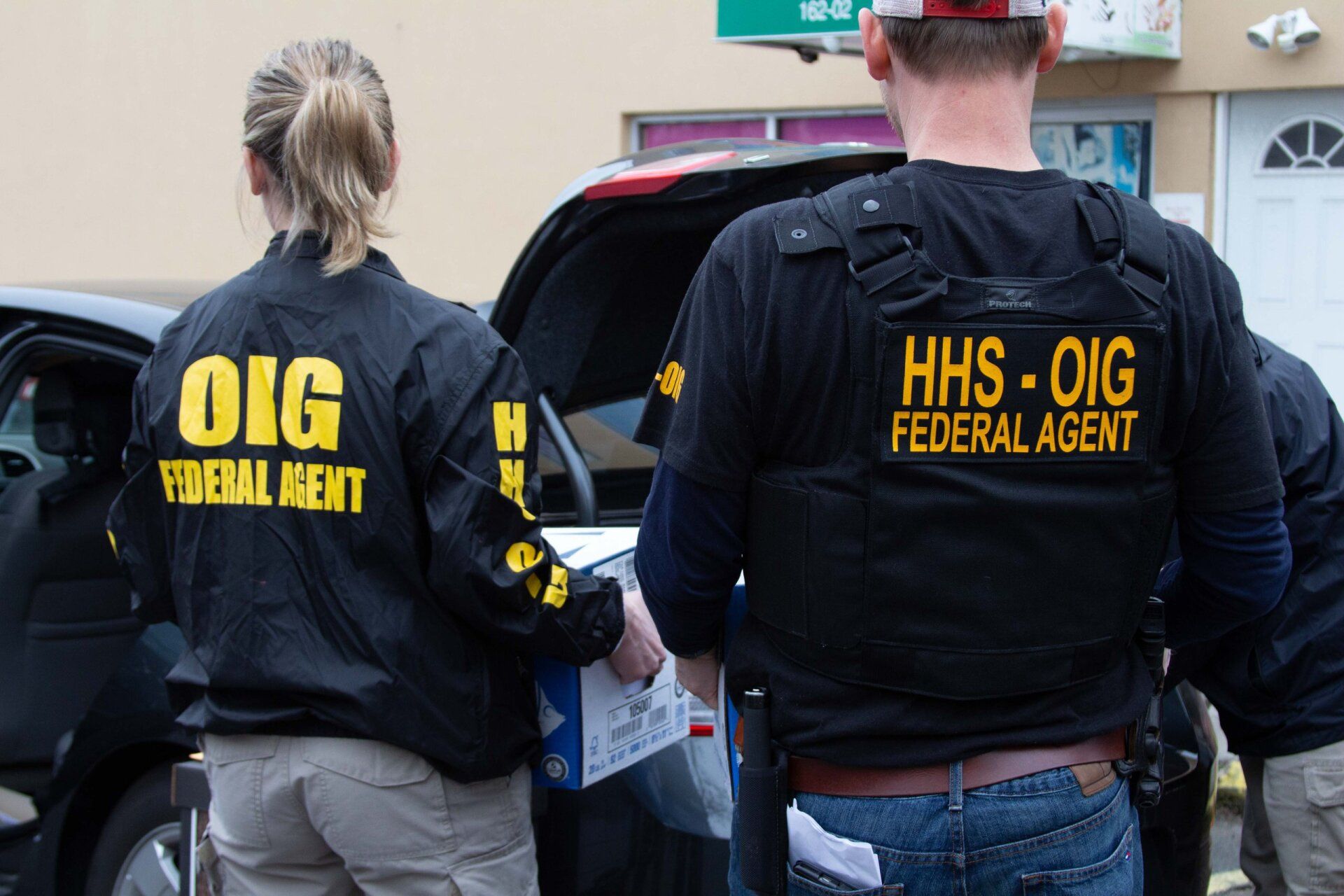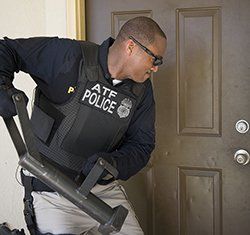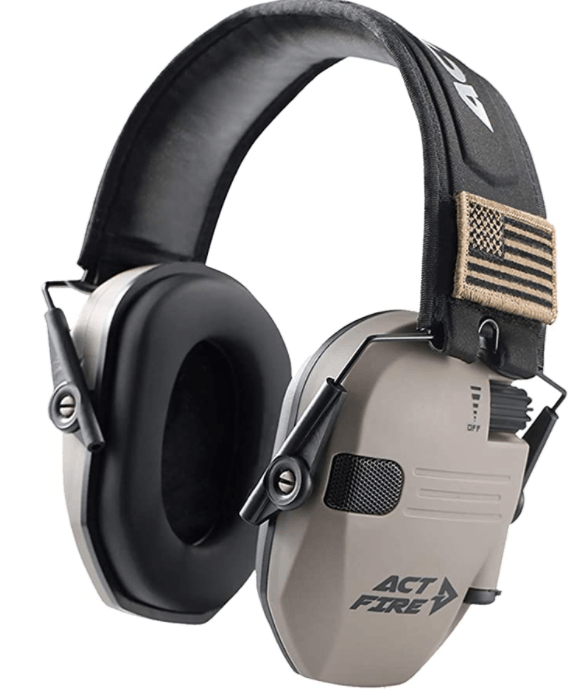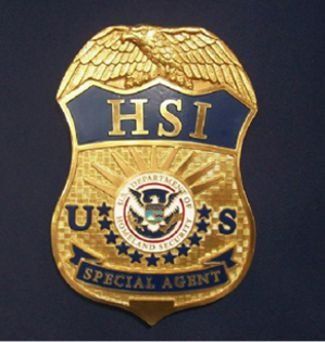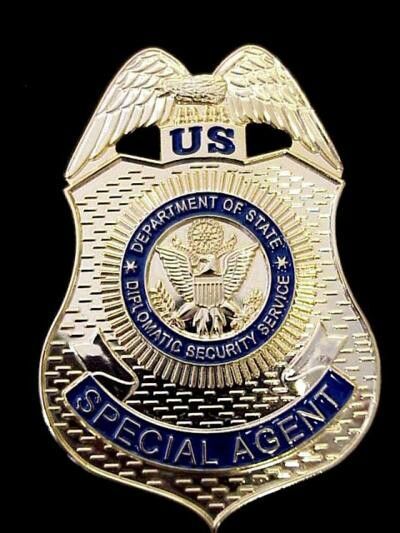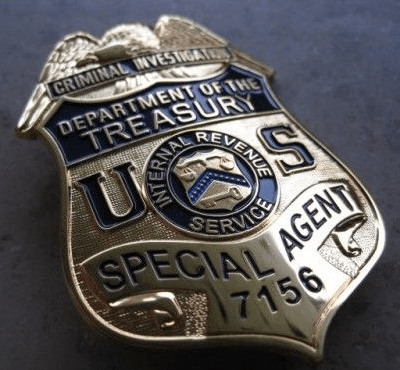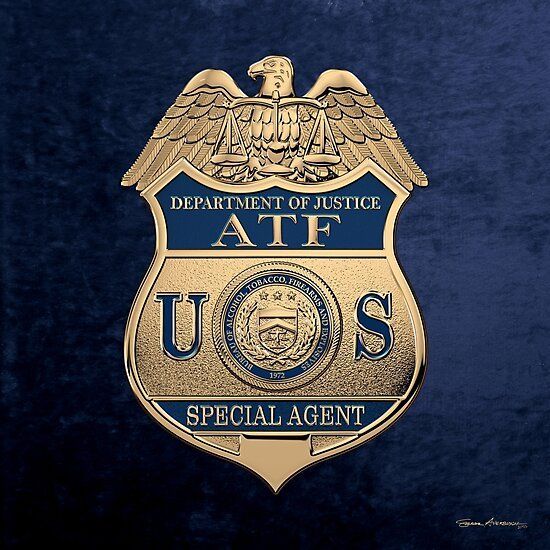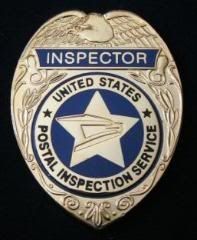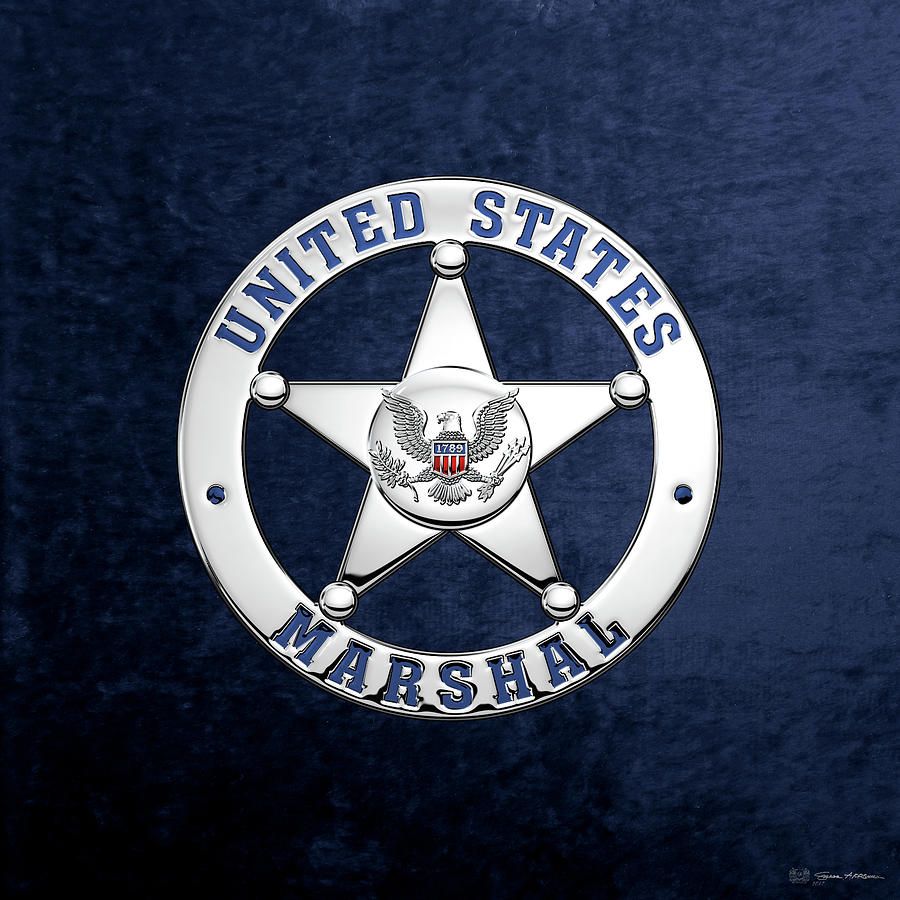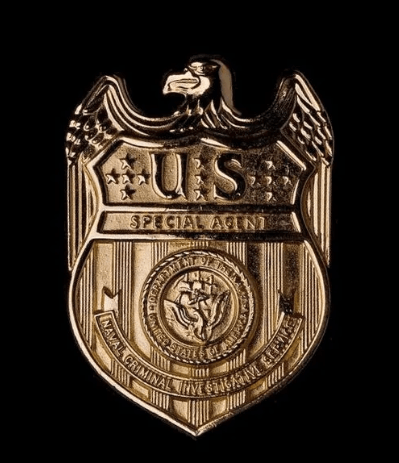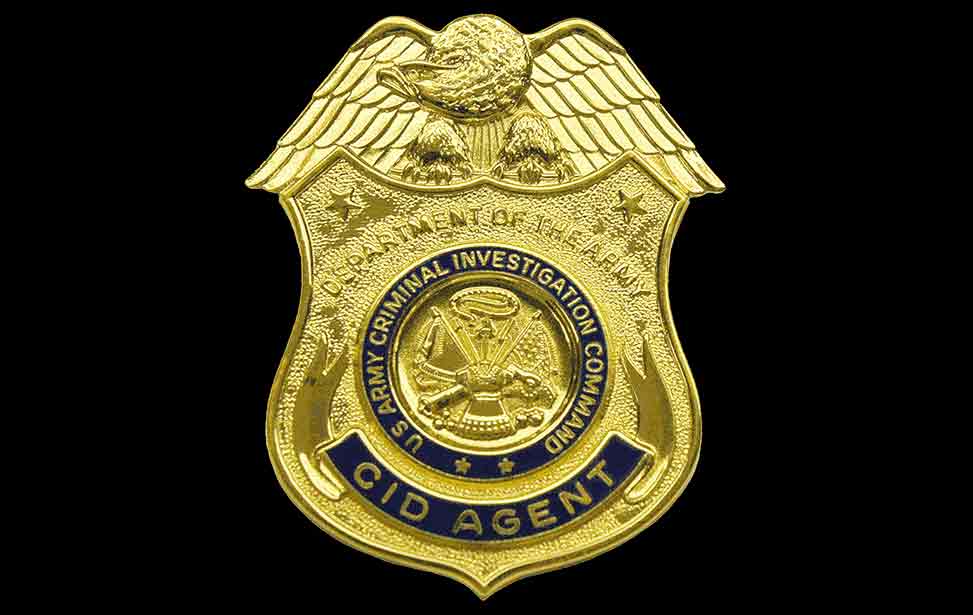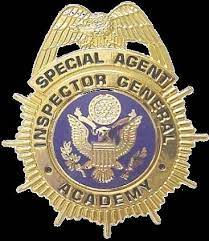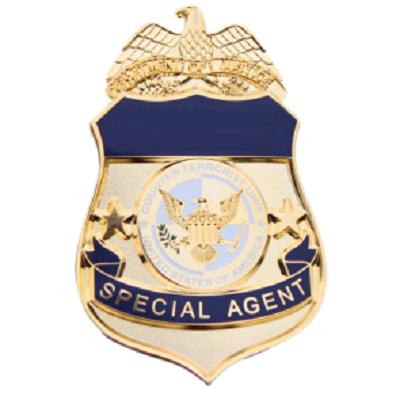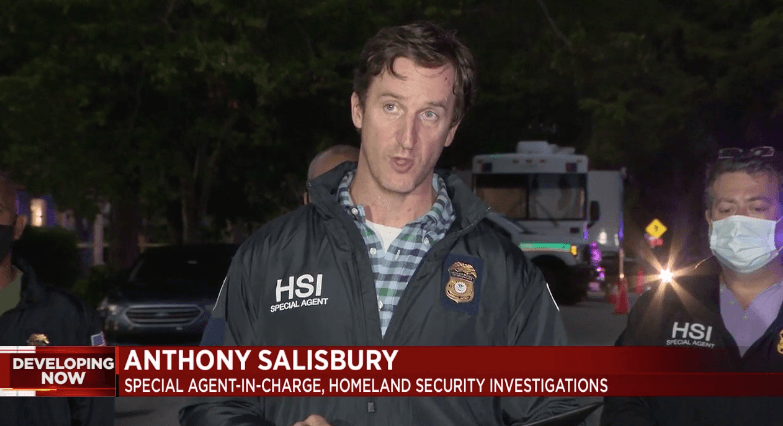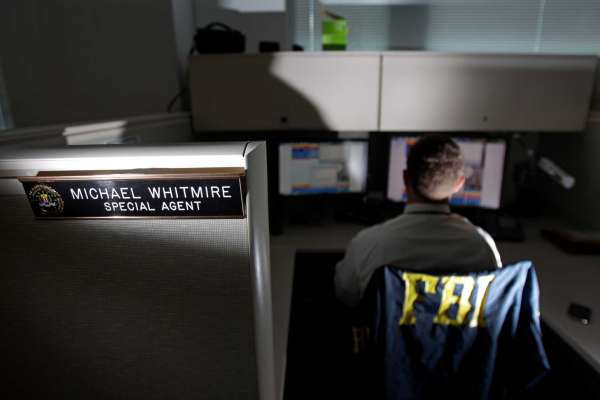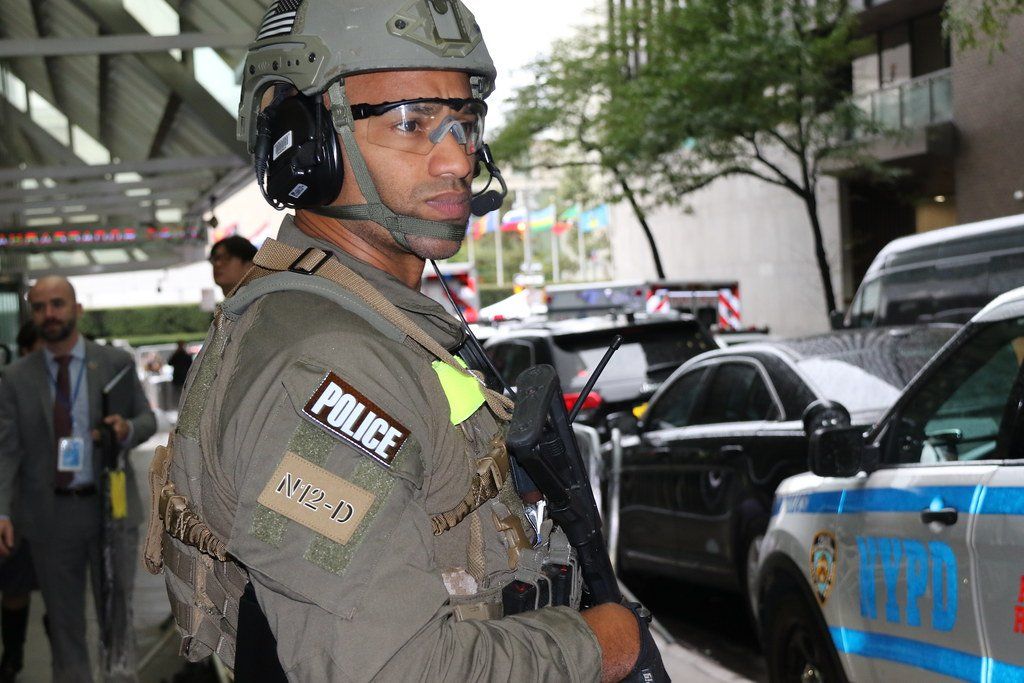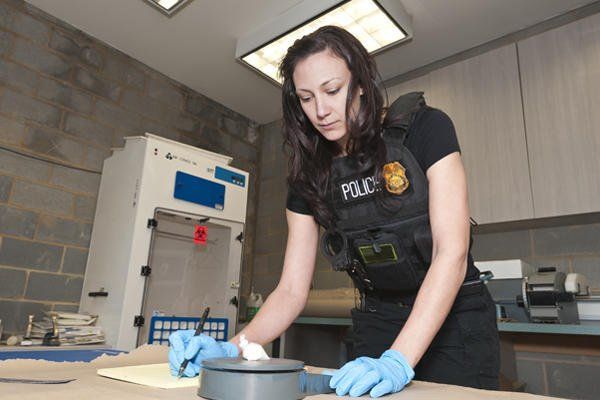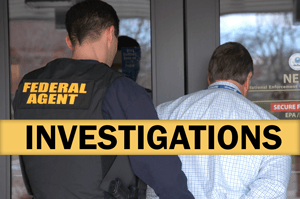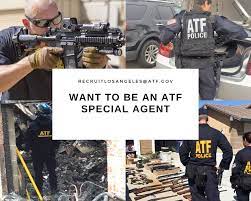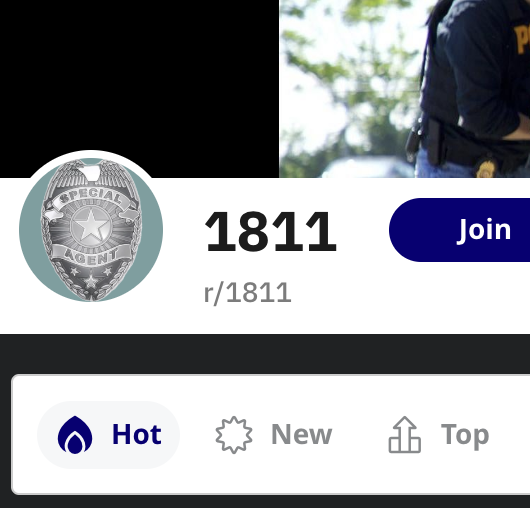Special Agents Blog
Information & Guidance regarding the 1811 Criminal Investigator profession.
For more test prep options click here!
Share your Story!
New Pavilion is a Los Angeles-based nonfiction narrative production studio developing compelling factual film, television, and audio content. We collaborate with a variety of networks and production partners. Our executives are seeking your extraordinary true, untold, true-crime stories featuring unforgettable characters, and unbelievable narrative arcs. We can be contacted at: hello@new-pavilion.com & telephoned on (323) 570-5715. We welcome the opportunity to hear extraordinary true stories from current and former 1811 Special Agents
What is a Special Agent?
A Special Agent is a federal law enforcement criminal investigator. They are typically categorized in the GS-1811 job series. Special Agents have the statutory authority to carry firearms, conduct searches & seizures, and make arrests. Special Agents work for a number of federal agencies such as the Bureau of Alcohol, Tobacco & Firearms (ATF), Homeland Security Investigations (HSI), Drug Enforcement Administration (DEA), Federal Bureau of Investigations (FBI), & Secret Service (USSS), etc.
The OPM 1811 Criminal Investigator position within the federal government is among the most prestigious & sought after law enforcement occupations in the country. SAs have been at the forefront of historical events and routinely make noteworthy contributions to society.
Hiring Updates Section
This section will be permanently dedicated to posting selectively highlighted hiring updates.
Check back here for release dates and other news.
Due to mandated Reductions in Force, hiring in FY 2025 has been severely curtailed at several agencies such as the Diplomatic Security Service (DSS) and several Office of Inspector Generals (OIGs).
However, the Drug Enforcement Administration (DEA), US Secret Service (USSS) and Federal Bureau of Investigation (FBI) have continued to post vacancy announcements for 2025. Additionally, Homeland Security Investigations (HSI) recently completed a mass 1811 hiring announcement in support of 1,000 new Criminal Investigator positions.
Future applicants are urged to constantly check this amazing consolidated 1811 Jobs List and USA Jobs for updates.
Pro Tip: A "Saved Search" on USA Jobs for "1811" positions will result in a weekly report of new postings delivered into your email inbox.
What is an 1811?
An "1811" is the federal Criminal Investigator classification series established by the U.S. Office of Personnel Management. OPM defined this series to include positions that involve planning and conducting investigations relating to alleged or suspected violations of criminal laws. Criminal Investigators within the 1811 series typically use the job title of "Special Agent." However, within the federal law enforcement community, the shorthand "1811" is also commonly used to refer to these federal investigators
A Special Agent is a federal law enforcement criminal investigator. They are typically categorized in the GS-1811 job series. Special Agents have the statutory authority to carry firearms, conduct searches & seizures, and make arrests. Special Agents work for a number of federal agencies such as Homeland Security Investigations (HSI), Drug Enforcement Administration (DEA), Federal Bureau of Investigations (FBI), and U.S. Secret Service (USSS), etc.
Federal Agencies With 1811 Special Agents
There are approximately 30+ federal law enforcement agencies and 70+ Inspector General Offices that have Special Agents/Criminal Investigators. Some of the major agencies such as DEA, ATF, FBI or HSI, primarily employ 1811 Series Special Agents. Others such as National Park Service are largely composed of Uniformed Officers (1801 Series) and are complimented by a small cadre of 1811 Special Agents for investigative support. Additionally, the Inspector General Offices are narrowly tasked with misconduct, employee safety or internal fraud and usually have a relatively small workforce of criminal investigators (in comparison to primary 1811 agencies such as FBI, HSI, USPIS, DSS, etc.).
1811 Corner
Designed to provide value for current and new special agents; explore this section to learn about news, gear, gift ideas, branding material, notable cases & events, resources, organizations and interesting information pertaining to 1811 Criminal Investigators.
For new applicants, half the battle is finding the correct entry level vacancies. This 1811 Hiring List link is an amazing resource and will take you to a summary of some of the SA positions that are currently available.
By popular request & recognizing that people learn in different ways; the Special Agent Blog YouTube Channel is now live. The YouTube site consolidates videos into agency Playlists. I have tried to select useful content.
Different Roles for Different Special Agents
Instructional Videos 1811 Special Agent
These instructional videos, developed by an employment consulting group, are direct Youtube links and provide accurate information about the Typical Day, Exact Role and Qualifications for the special agent position.
Special Agent Online
Blogs and Forums
There are four major online blogs in which users share information & advice about the law enforcement hiring process. Like anything in life, use your judgment in accepting this information. Unfortunately, there truly are a number of unstable personalities that regularly post junk information and endlessly quibble over stupid details. Oftentimes it is applicants or rejected candidates sharing "rumor intelligence." Additionally, I have noticed that most posters aren't even special agents and their advice is usually not credible.
